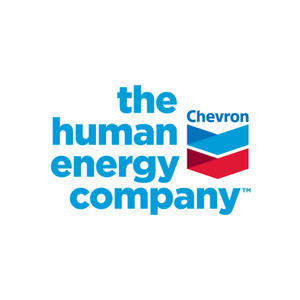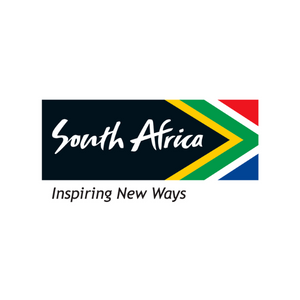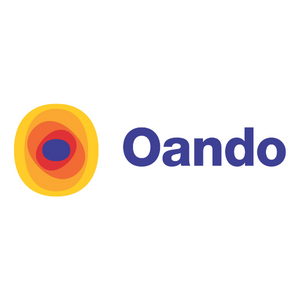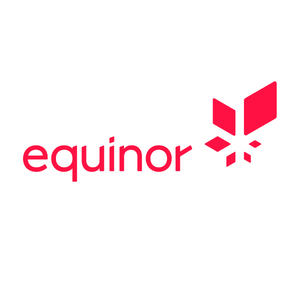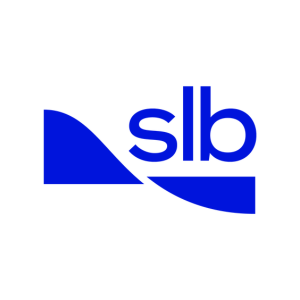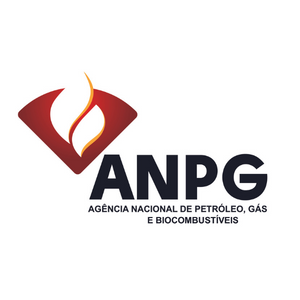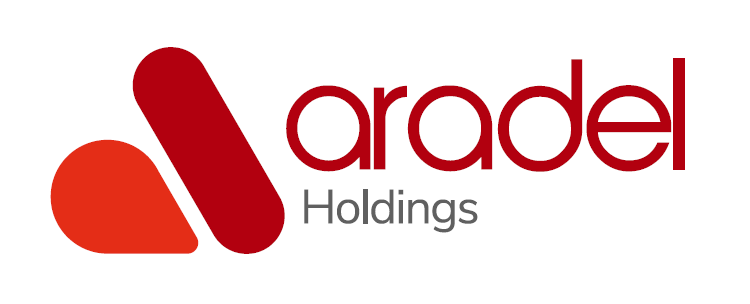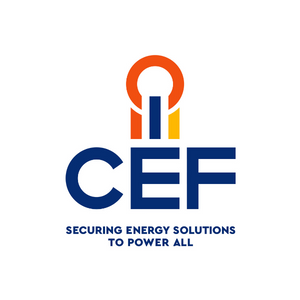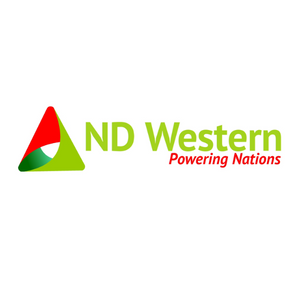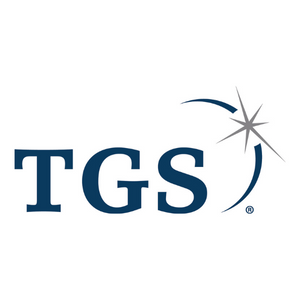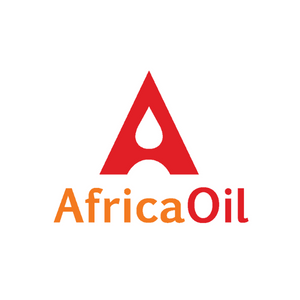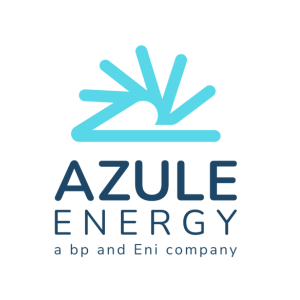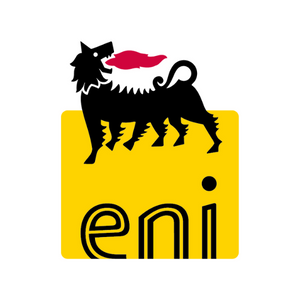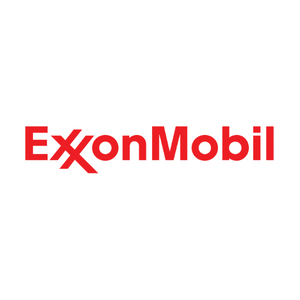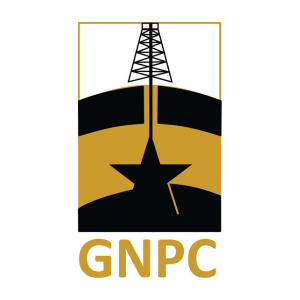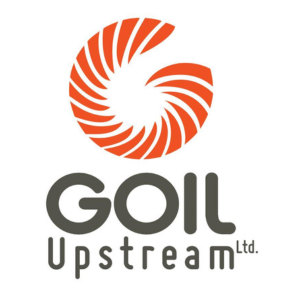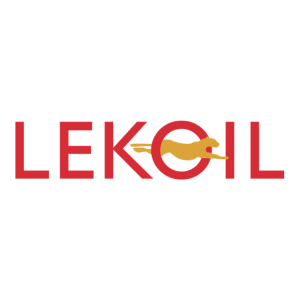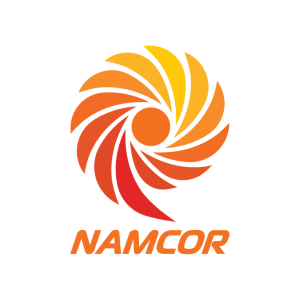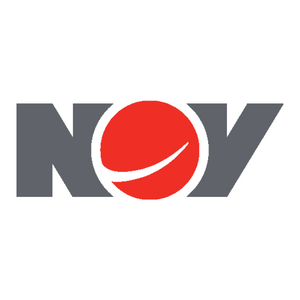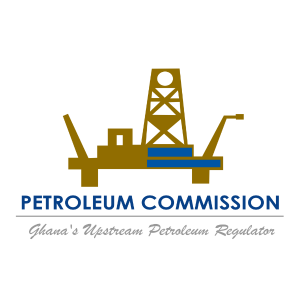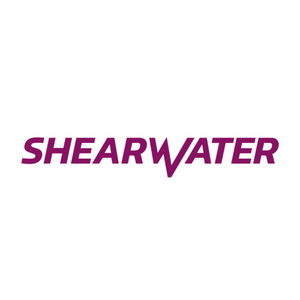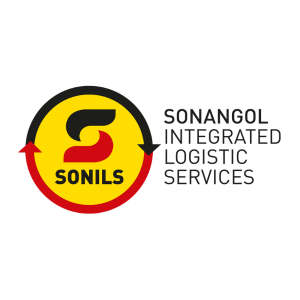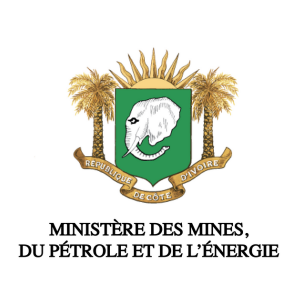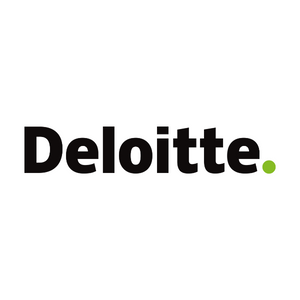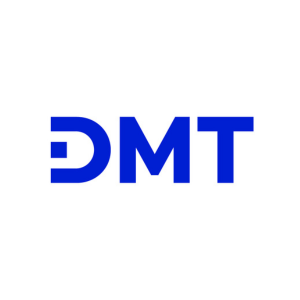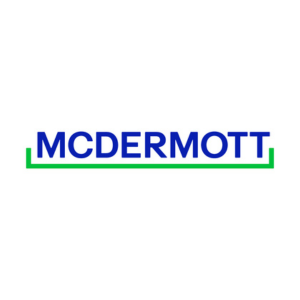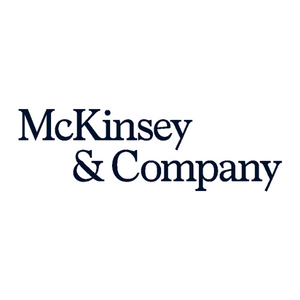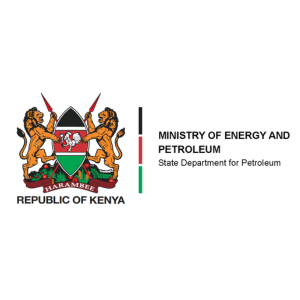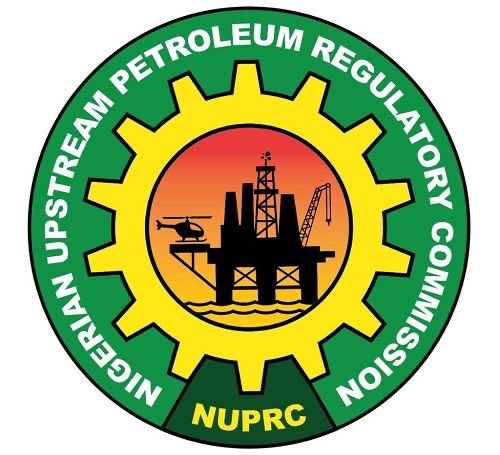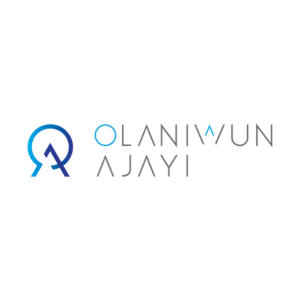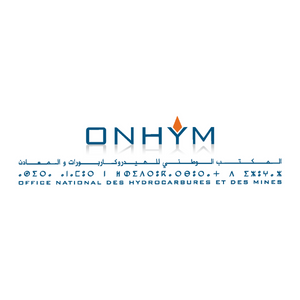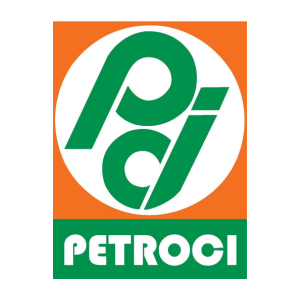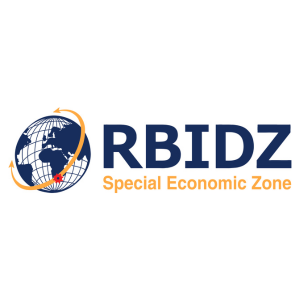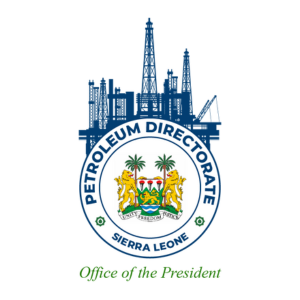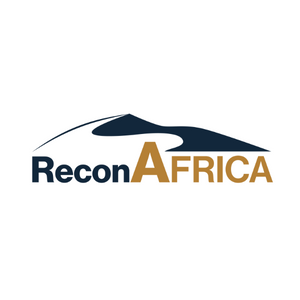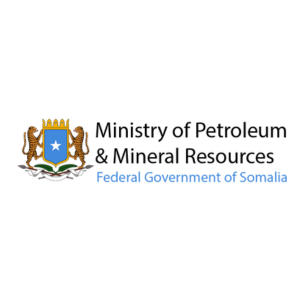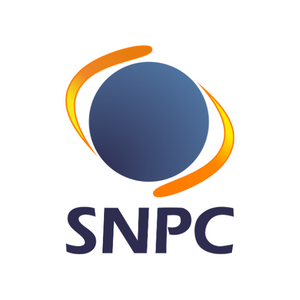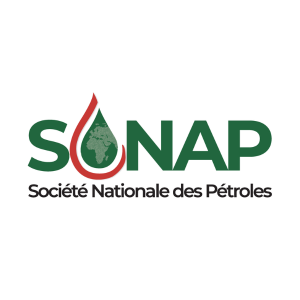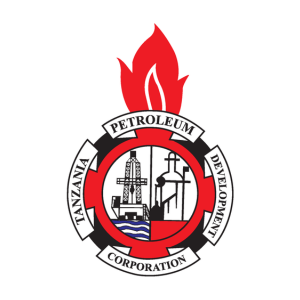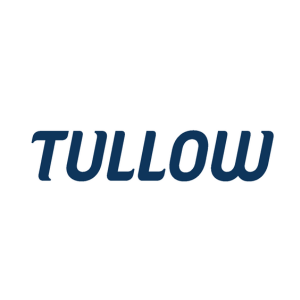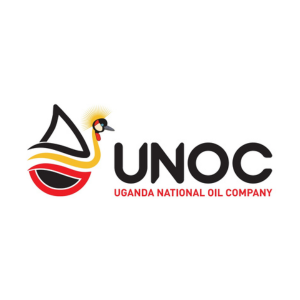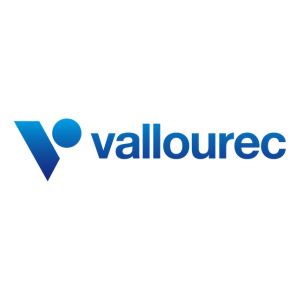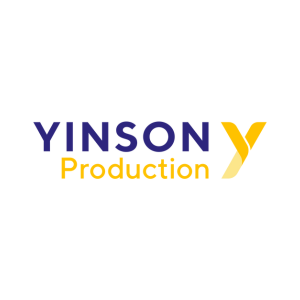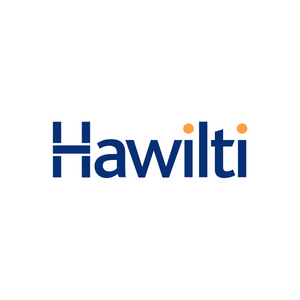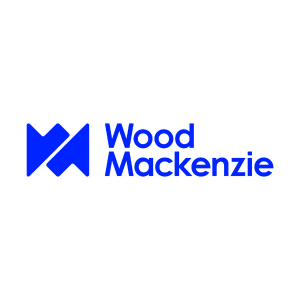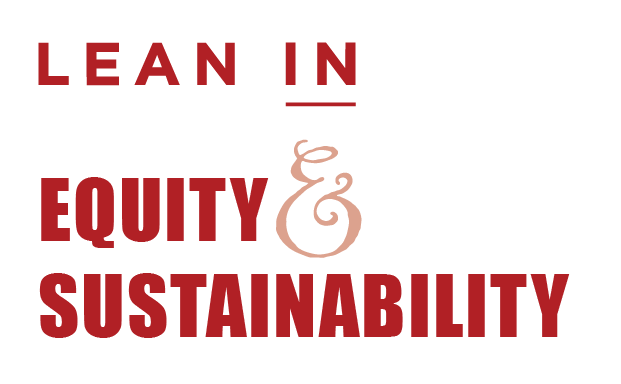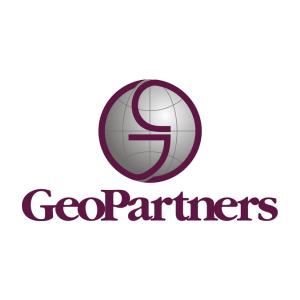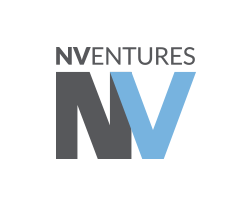An interview with Dr Ainojie ‘Alex’ Irune
| Following the recent release of the Africa Oil Week eBook Driving Diversity in the African Upstream, we spoke with Oando Energy Resources (OER) COO Dr Ainojie ‘Alex’ Irune. Dr Irune shared his thoughts on achieving gender parity within the sector, and his vision for attracting future talent. |
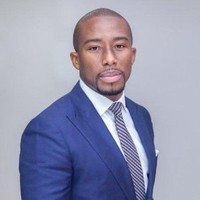 |
How is gender diversity viewed at Oando at the moment? Is it a priority?
At Oando, we happen to have a different story to the majority of the oil and gas sector which is notorious for being male dominated. From the start, the founders of the company were conscious of the imbalance within the sector and as such, have always prioritised two things. Firstly, as an indigenous company, we focus on strengthening our indigenous capacity – 99% of our workforce are Nigerian, either repatriates or locally grown. Secondly, we ensure gender parity wherever possible. Consequently, today, 43% of our workforce is female, compared to 22% across the industry. Of this, 33% of executive-level employees are female.
As a company we are also intentional about the people we hire. This hiring process ensures we employ audacious, resilient and committed people, who also happen to include a diverse group of women unafraid of taking charge and paving the way. Their desire to see a more gender balanced company has fuelled our commitment to making gender diversity a priority. This commitment is effected in every part of our business, from the offering of benefits that encourage women to return to work after maternity leave to our charity, the Oando Foundation, which focuses on educating the girl child. We have seen and reaped the benefits of a more inclusive business environment and thus gender diversity will always be a priority, one that we will champion until the industry achieves gender balance.
Those figures put the industry average to shame. To what can you attribute them? Hiring practises? Retention strategies?
I think it’s a combination of factors. In my opinion, the industry has traditionally designed workplaces to cater to men. This is something we’ve actively tried to change at Oando. I would say that few Nigerian companies understand the importance of this gender conversation, whether it’s having a lactation room, or encouraging family leave – not just maternity, but paternity too.
Though we prioritise fair hiring practises, we are also noticing a change in the candidates we see. Recently, I met with a colleague who mentioned that for every 3 women who are great in a technical role, currently we’re finding only 1 man.
It seems women are at last going into STEM in much greater numbers. We’re reaching a scenario where the push from parents, educators, the female child themselves, is matching the pull from industry for technically skilled female talent. Against this backdrop it’d be unfair for us to take all the credit.
You say that, but since I began following Oando’s social media channels a few months ago, I’ve noticed your employees going into schools to mentor young people, especially young women. Could you tell us some more about this?
This is something we have been committed to over the past decade through Oando Foundation, a charity we established in 2011 which focuses on creating a holistic approach to tackling challenges within the education sector, specifically primary education.
A key focus of the Foundation is the girl child. In this part of the world, you’ll understand the challenges that we have culturally and socially relating to the girl child. By championing this cause, we are empowering women who have been seconded to defined roles within a household to make positive choices. Across our entire programme we’ve adopted over 88 schools and positively impacted close to 12 million lives.
We have internal programs that enable our employees give back; specifically, our female engineers support Oando Foundation on STEM education for girls through mentorship programs in our adopted schools. The objective of the mentorship program is to fight the long-standing biases and gender stereotypes steering girls and women away from science related fields.
From what you’re saying, it seems as if driving gender diversity is certainly viewed as “the right thing to do” at Oando, but is it also enforced? Is diversity a KPI for instance?
Personally, I am not convinced that enforcing gender diversity is the right way to go. I think you want to build a collective consciousness, whereby we all accept that the ethical way of behaving is to provide opportunities to both women and men – without giving either men or women an unfair advantage. My views on women and their abilities are largely shaped by my upbringing; I grew up in a household with nine women. In my world, what a man could do, a woman could certainly also do, most likely even better. I never saw the gender parity conversation as crucial until slightly later in life, when I observed biases across segments of the school, the workplace, the wider economy, and started to wonder why.
As leaders, our focus is on building the most desirable company in which to work and invest. To do that, not only do you require vision, ambition and passionate people, you need a balance of ideas and characters – which you get by prioritising gender parity. This hasn’t been enforced in any way, shape or form, neither is it a KPI, it’s simply part of the ethos of the company. It’s how we see success.
I think that in this way Oando differs from a lot of oil and gas companies. Where gender diversity wasn’t prioritised from day one, organisations must now go back and retrospectively try to change a company’s culture. This often requires positive discrimination, diversity quotas etc. Would you agree?
Yes, looking towards the future, that’s something that plays on my mind when I think about gender parity in the sector. We’re starting to utilise artificial intelligence and big data to build tools which use historical data to make inferences about the future. The problem is that this data can itself be biased.
For instance, if for the last twenty years, your Head of Geology has been male, when you feed that information into some sort of heuristic engine or AI to give you the best hire out of twenty candidates you’ve seen, it will most likely be biased towards a man. Thus, even in our digitisation journey, we must be conscious that we don’t take our historic based perspective into our future. The task before industry players now trying to align to this new reality is a combination of being deliberate about positively discriminating in favour of women and leapfrogging by taking best practises from today and implementing in their organisations to get desired outcomes.
It’s interesting that you mention planning for the future of the industry. Globally, the statistics show that even today, oil and gas is one of the least appealing industries for graduate entry. It’s no secret that the younger generation is more socially and environmentally conscious. How do you think the industry can continue to attract top level talent?
This is a conversation I have very often these days. I have three recommendations. The first is for oil and gas companies to own the narrative. Climate change is not just an oil and gas problem, I would even go as far as to say that it’s not primarily an oil and gas problem, given the fact that 80% of greenhouse gas emissions come from coal. We need to cultivate our image and communicate this to young people. We are part of the solution and intend to move to more sustainable sources to protect the environment.
Secondly, no-one can tackle the development of renewables like oil and gas companies. There’s probably $300 - $500 billion of investment that goes into oil and gas companies globally each year. If we took a portion of that and put it into renewables and sustainable energy, we would lead the charge. When it comes to capital projects, we are able to deploy resources on a large scale and realise our project outcomes in reasonable timeframes. If we can become global leaders in tackling climate change, who wouldn’t want to join the industry?
Lastly, we must talk about policy. I strongly agree with the points set out in the Paris Agreement of 2016. However, global context is important. Let’s not forget that currently, coal powers the poorest people in the world; we’re talking about parts of India, China, and Africa. This isn’t a question of the 4th TV in a child’s bedroom in the developed world, it’s the lightbulb that illuminates half a village, which enables 300 kids in the poorest parts of the world access to do very basic things. We have to be realistic about how we frame the energy transition. Perhaps developed countries will get there first and allow developing countries a little more leeway to reduce their emissions over a longer period.
There are some great case studies of energy companies owning their journey moving forward. For instance, BP are doing a lot with renewables, and Saudi Aramco are making the gas they produce as clean as possible. We need to share these ideologies and a clear path for our future with the younger generation so they can see an industry that will continue to be relevant through an intentional evolution towards cleaner energy.
Do you think the industry as a whole is doing enough to communicate with the younger generation?
I don’t think we’re doing enough. We need to talk about energy, rather than just oil and gas, and really communicate the impact of what we do.
As an industry, we need to adopt one voice. We’re working towards this, but I wouldn’t say we are quite there yet. And let’s not forget sincerity, when we talk about the future, we need to be sincere about our intentions.
Finally, when it comes to hiring, have you changed the qualities you look for in candidates to reflect the way Oando will change in future?
The future of work is a huge topic for us. Just today, I spoke with a group of colleagues regarding the future of our own roles; imagining that everything we do today could eventually be taken and fed into a machine which would do our jobs better than we ever could.
Considering this, the number one characteristic I hire for today is adaptability. I look for an individual, male or female, who can do a range of jobs, even though they’re trained in a specific discipline.
We also take that a step further at Oando; within the organisation we have a programme which allows mid and high-level executives swap roles for a period of time. So, for example, I get my finance person going to internal audit, my legal person going to the commercial team.
What we are starting to build are well-rounded entrepreneurs that are armed with data, have a great knowledge of how the business functions but are not siloed into performing a particular function. It’s all a question of vision, passion, purpose and adaptability.
Comments, questions? We'd love to hear from you!. Get in touch via LinkedIn, Twitter or Instagram.

